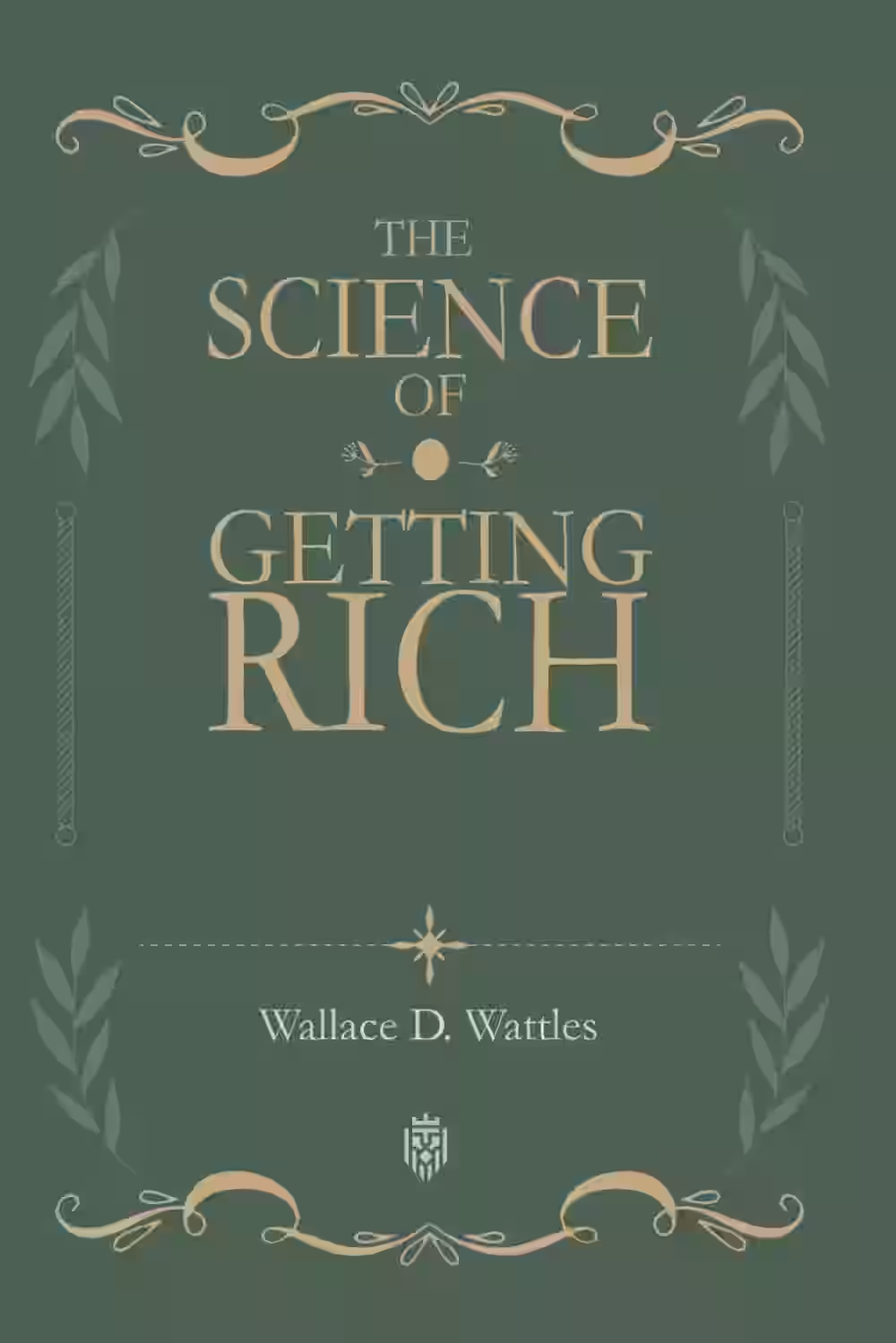
In 'The Science of Getting Rich' by Wallace D. Wattles, readers are introduced to the concept of creating wealth through a mindset that focuses on abundance and positivity. The book emphasizes the power of thought in achieving financial success and encourages readers to visualize their goals and take inspired action. Wattles explores how aligning oneself with the laws of the universe can lead to prosperity and fulfillment. Through practical teachings and timeless principles, this book serves as a guide for those looking to transform their relationship with money and abundance. 'The Science of Getting Rich' remains a classic in the self-help genre, offering valuable insights for those seeking to improve their financial well-being and overall life satisfaction.
About Wallace D. Wattles
Wallace D. Wattles (1860-1911) was a pioneering American author whose work centered on personal development and the power of positive thinking. Born in the United States, little is known about his early life, but his impact on literature is profound. A relatively obscure figure during his lifetime, Wattles achieved posthumous fame with his classic self-help book, 'The Science of Getting Rich' (1910). This timeless work explored the principles of achieving success and prosperity through a mindset of abundance. Wattles' teachings continue to inspire countless individuals seeking personal growth and financial abundance, solidifying his place as a luminary in the field of self-improvement literature.
Similar Books
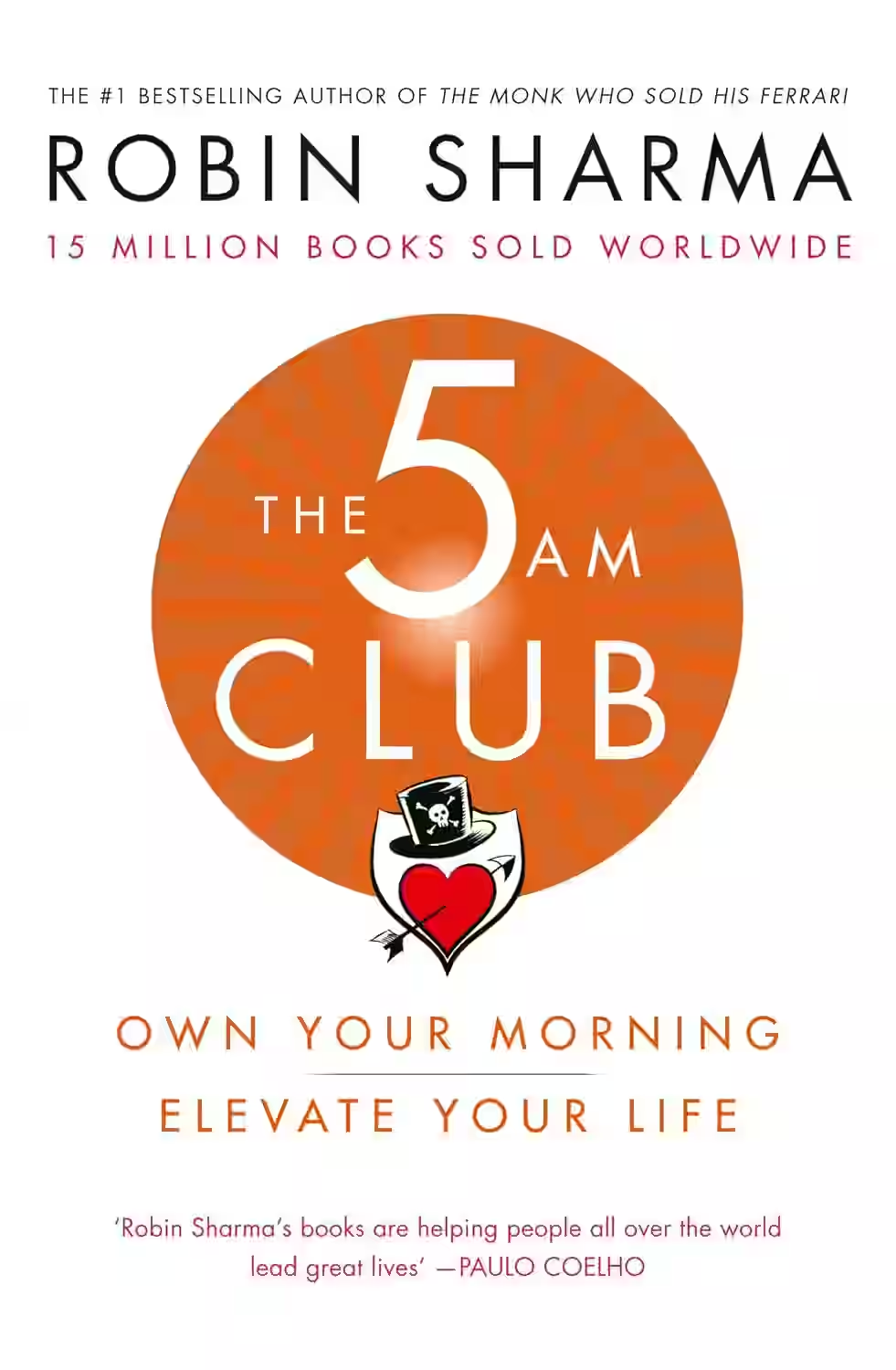
The 5am Club
by Robin Sharma
Written by Robin Sharma, The 5am Club promotes waking early to enhance productivity, creativity, and personal development. Through a fictional narrative involving a billionaire mentor and two struggling professionals, the book outlines a structured morning routine called the 20/20/20 formula—20 minutes of movement, 20 minutes of reflection, and 20 minutes of learning. Sharma blends motivational philosophy with time management and wellness strategies. Aimed at ambitious individuals seeking transformation, the book encourages discipline, solitude, and early rising as keys to maximizing success and well-being.
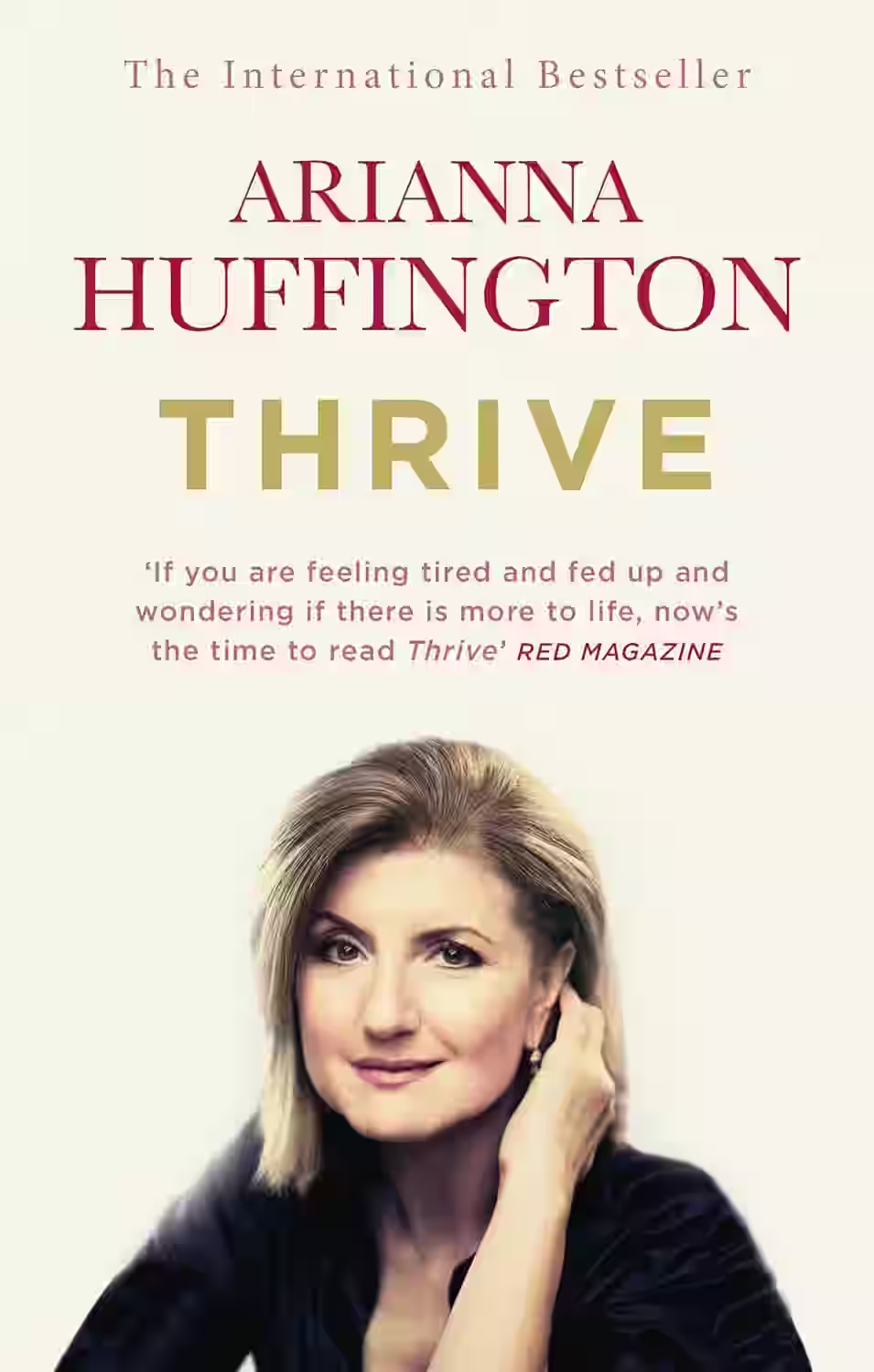
Thrive
In Thrive, Arianna Huffington redefines success beyond wealth and power, proposing a third metric rooted in well-being, wisdom, wonder, and giving. Drawing from research and her own life, she argues that burnout and stress are not badges of honor but symptoms of a misguided culture. The book explores mindfulness, sleep, gratitude, and compassion as essential to living a fulfilling life. Huffington weaves personal anecdotes with scientific insights to promote a more holistic vision of success—one that nurtures both the self and the community. Thrive serves as a call to prioritize what truly matters in a fast-paced world.
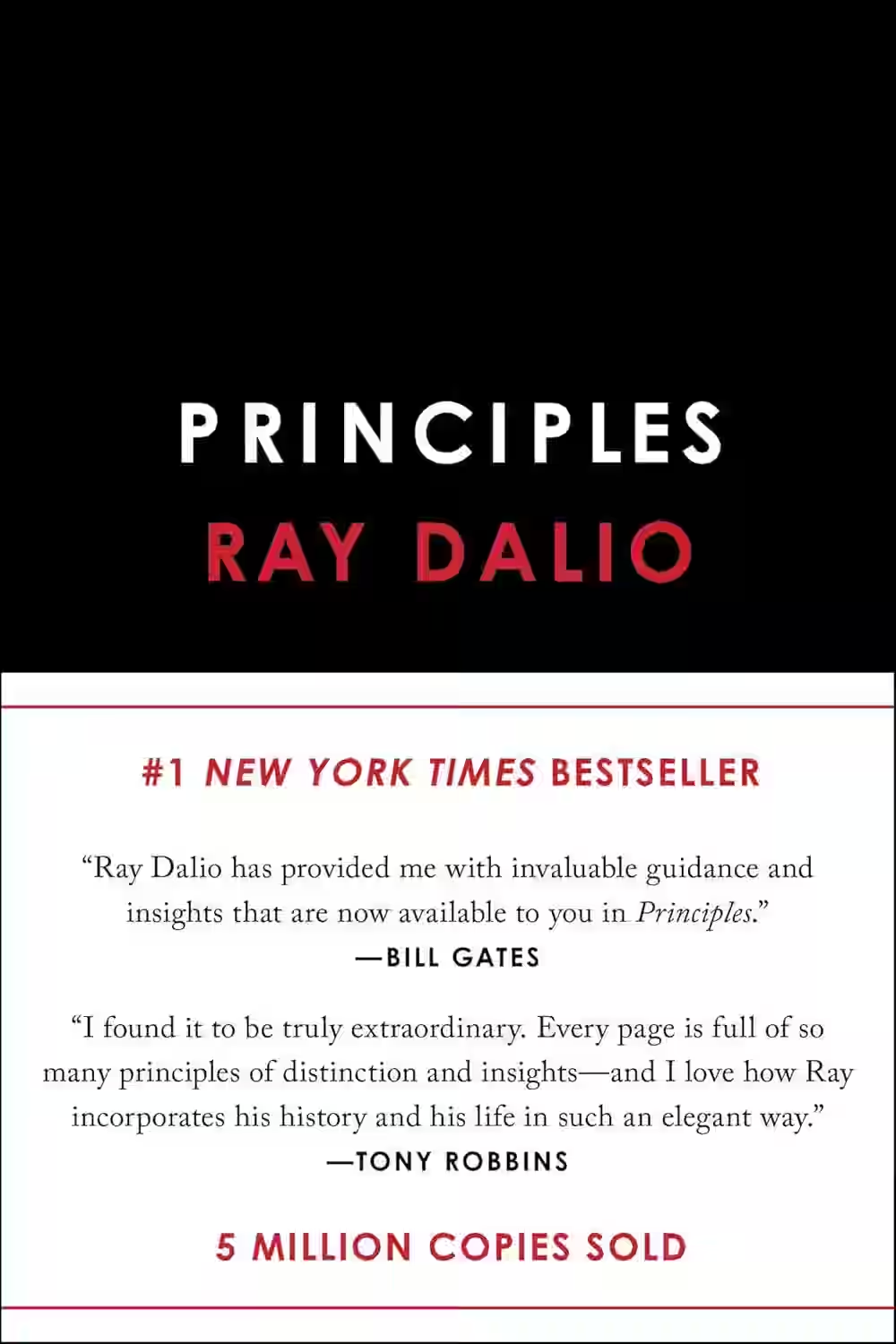
Principles
by Ray Dalio
In Principles, billionaire investor Ray Dalio shares the core life and work principles that guided him in building Bridgewater Associates into one of the world’s largest hedge funds. The book is split into three sections: a personal journey, life principles, and work principles. Dalio emphasizes radical transparency, meritocracy, and continuous learning. He advocates for clear decision-making frameworks and a systematic approach to solving problems. Combining autobiography, management philosophy, and practical advice, Principles serves as a handbook for both personal growth and organizational excellence. It's especially relevant for leaders, investors, and anyone seeking to improve decision-making through reflection and structure.
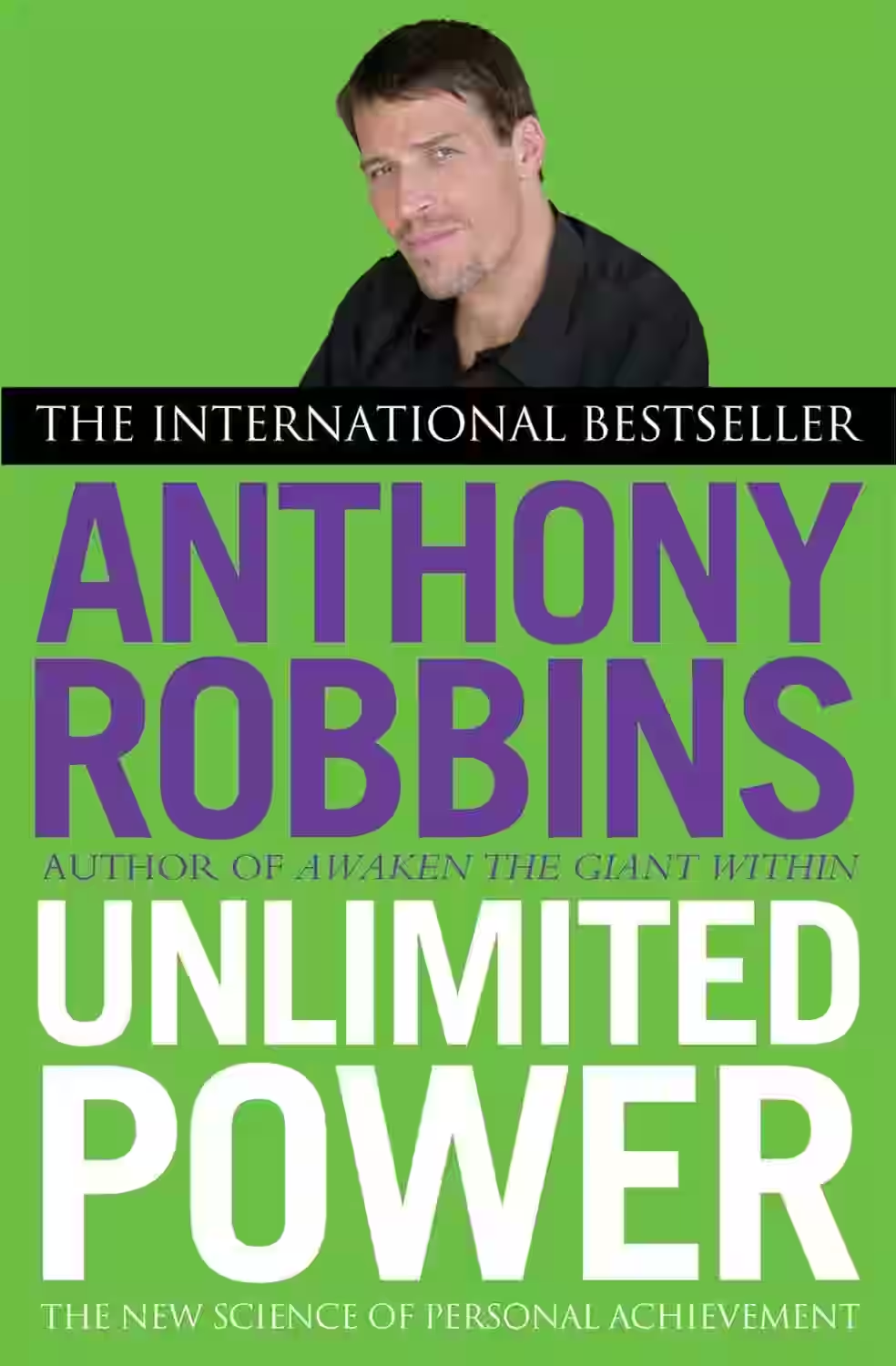
Unlimited Power
In 'Unlimited Power,' Anthony Robbins delves into the realms of personal development and peak performance, offering readers a blueprint for achieving success in various aspects of life. Robbins explores the power of mindset, belief systems, and neuro-linguistic programming (NLP) techniques to empower individuals to take control of their lives and unlock their full potential. Through practical strategies and real-life examples, he guides readers on a transformative journey towards mastering their psychology, communication skills, and overall well-being. With a compelling narrative and insightful teachings, 'Unlimited Power' serves as a motivational beacon for those seeking to harness their inner strength and achieve extraordinary results.